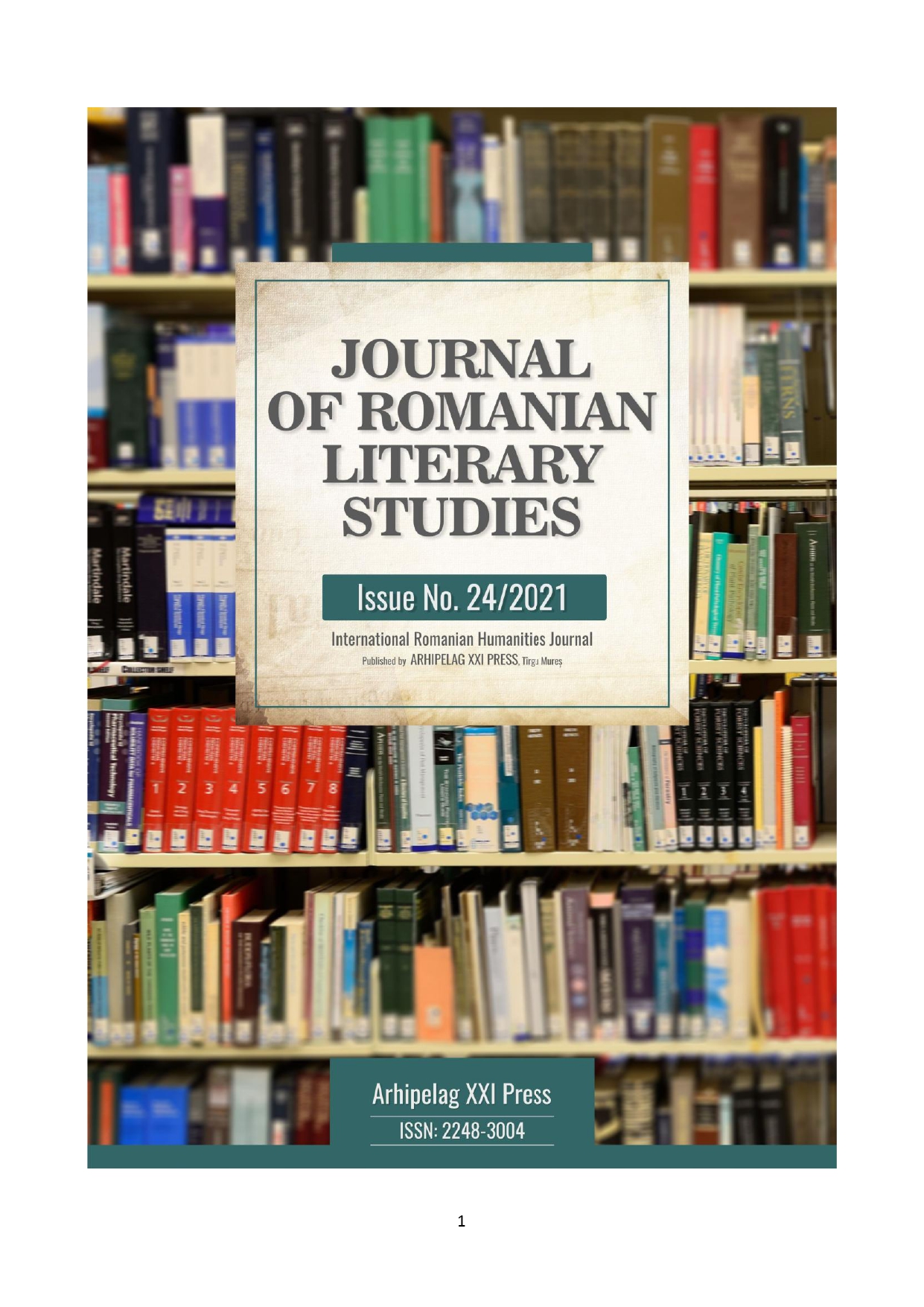THE LAWS OF EDUCATION IN THE YEARS OF THE CEAUŞESCU REGIME
THE LAWS OF EDUCATION IN THE YEARS OF THE CEAUŞESCU REGIME
Author(s): Ștefan Eduard GAZSI, Ioan Antoniu BerarSubject(s): History of ideas, School education, History of Education, State/Government and Education, Post-War period (1950 - 1989), History of Communism, Sociology of Education, Pedagogy
Published by: Editura Arhipelag XXI
Keywords: instruction act; communism; legislation; education; Ceaușescu;
Summary/Abstract: The weakening of communist ideology at international level and the coming to power of the P.C.R. (The Romanian Communist Party) of Nicolae Ceaușescu imposed the adoption of a new law on education. Thus, the Ninth Congress set out the guidelines for the continuous development and improvement of education at all levels. The school was defined as "the main source of culture and a factor of civilization."1 The duration of compulsory education was expected to be increased to 10 years and average education was expected to include general education and specialized high schools. During the Ceaușescu regime, two education laws were adopted: The Law on Education in the Socialist Republic of Romania no. 13 of 13 May, 1968 and Education and Instruction Act no. 28 of 21 December, 1978. Besides the fact that illiteracy was almost completely liquidated, the four decades of Romanian education during the communist years produced graduates to a large extent who managed to survive on the labor market alone, some of them being so well qualified that they went abroad, both before and after 1989, however the training constant has dropped significantly compared to the requirements imposed in the eighth decade.
Journal: Journal of Romanian Literary Studies
- Issue Year: 2021
- Issue No: 24
- Page Range: 791-799
- Page Count: 9
- Language: English

